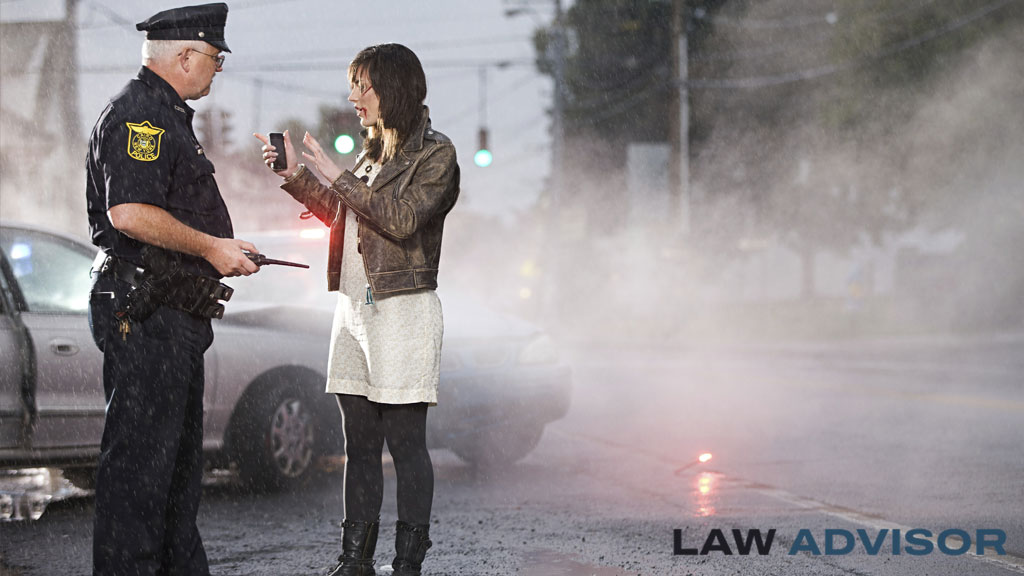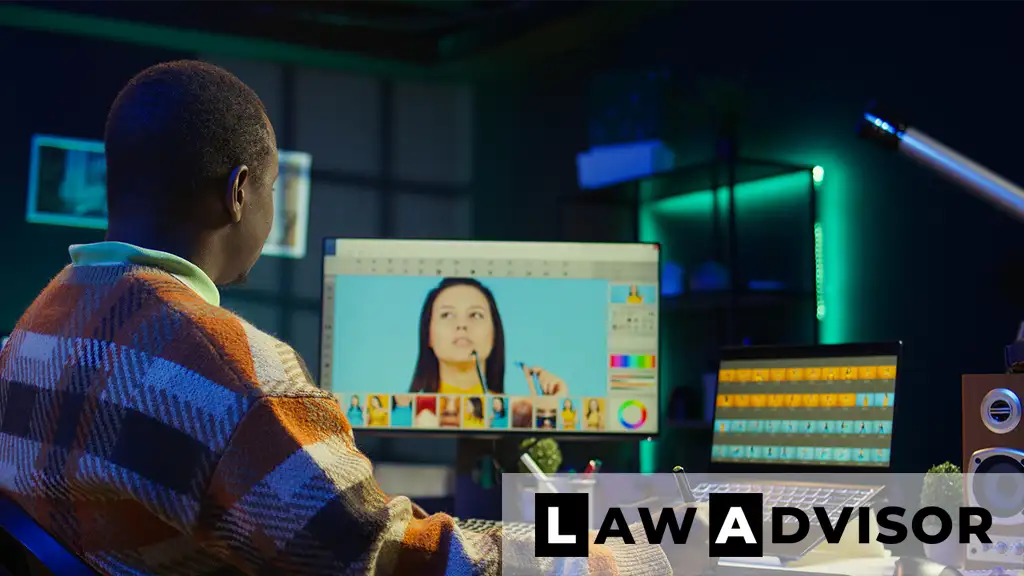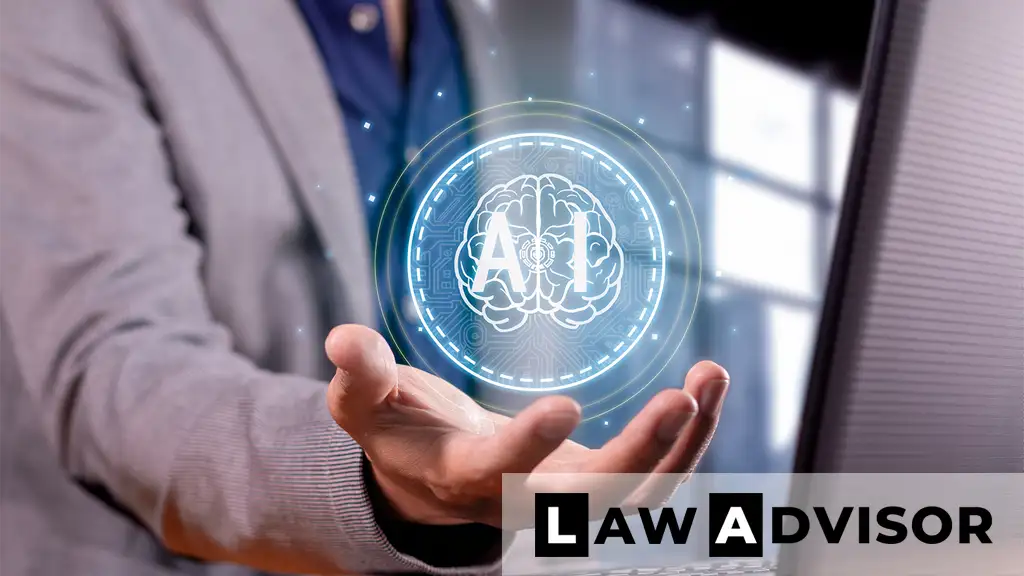If you’ve ever watched a crime drama or read a news story involving a police search or arrest, you’ve likely heard the phrase “probable cause.”
But what does it actually mean in legal terms?
In this post, we’ll break down the concept of probable cause, when it applies, how it protects your rights, and what happens if authorities act without it. All explained in plain English.
⚖️ Legal Definition of Probable Cause
Probable cause is the legal standard that requires law enforcement to have a reasonable basis for believing that a crime has been committed—or that evidence of a crime is present—before making an arrest, conducting a search, or issuing a warrant.
It comes from the Fourth Amendment of the U.S. Constitution, which protects people from unreasonable searches and seizures.
🧠 In simple terms: Probable cause = law enforcement needs a solid reason, not just a hunch.
🧠 When Is Probable Cause Required?
Probable cause is required in several key situations:
1. Arrests
Police must have probable cause to believe someone committed a crime before making an arrest.
2. Searches
To legally search a person, home, or car, officers usually need probable cause—unless a valid exception applies.
3. Search Warrants
Judges issue warrants only when officers show probable cause supported by sworn statements (called affidavits).
4. Traffic Stops
An officer must observe a traffic violation or suspicious activity that reasonably suggests a law has been broken.
📄 Examples of Probable Cause in Action
✅ Valid Probable Cause Example:
A police officer smells marijuana and sees drug paraphernalia in plain view on a car seat. That’s enough for probable cause to search the vehicle.
❌ Invalid Probable Cause Example:
A person is walking late at night in a high-crime area, but not doing anything suspicious. That alone is not enough for probable cause.
✅ Arrest Example:
An officer sees someone break a store window and run with stolen goods. That’s clear evidence supporting an arrest.
❌ Search Example:
Police knock on a door and demand entry without seeing, hearing, or smelling anything suspicious. Without a warrant or consent, they likely lack probable cause.
🕵️ How Is Probable Cause Determined?
Judges look at whether a “reasonable person” would believe a crime has been—or is being—committed based on the facts.
They consider:
- Firsthand observations (e.g., seeing illegal activity)
- Witness statements
- Physical evidence
- Police training and experience
- Affidavits submitted in support of a warrant
⚖️ Judges don’t need absolute proof, but there must be more than mere suspicion.
❗ What Happens If There’s No Probable Cause?
If police conduct a search, seizure, or arrest without probable cause, it can trigger serious legal consequences:
🚫 Exclusion of Evidence
Evidence collected unlawfully may be excluded from trial under the “exclusionary rule.”
🧨 Case Dismissal
If probable cause is lacking, charges may be dropped altogether.
💵 Civil Lawsuits
Unlawful arrests or searches can lead to lawsuits for violations of constitutional rights.
👨⚖️ Suppression Hearings
Before trial, defense attorneys can file a motion to suppress evidence gathered without probable cause.
🔍 Probable Cause vs. Reasonable Suspicion
These two terms are often confused but are not the same:
| Probable Cause | Reasonable Suspicion |
|---|---|
| Needed for arrest or search | Needed to stop or briefly detain |
| Based on factual evidence | Based on reasonable inference |
| Higher legal threshold | Lower standard than probable cause |
🧭 Common Misunderstandings About Probable Cause
- “If police think something is off, that’s enough.”
❌ Wrong. A hunch or gut feeling isn’t enough for probable cause. - “Any traffic stop gives police full search rights.”
❌ Not true. They need probable cause or your consent to search your vehicle. - “You can’t challenge probable cause.”
❌ You absolutely can, and often should—especially if evidence or charges result from it.
🧠 You May Wanna Check Out:
- What Is the Difference Between a Felony and a Misdemeanor?
- Criminal Record Expungement: How to Clear Your Name
- Can You Refuse a Police Search? Know Your Legal Rights
✅ Final Thoughts
Probable cause is a powerful constitutional protection that keeps law enforcement accountable. It helps strike the balance between public safety and personal freedom.
Knowing your rights—and understanding how probable cause works—is essential whether you’re a citizen, a defendant, or just someone who values justice.
When in doubt, consult with a criminal defense attorney who can help determine whether your rights were violated.





